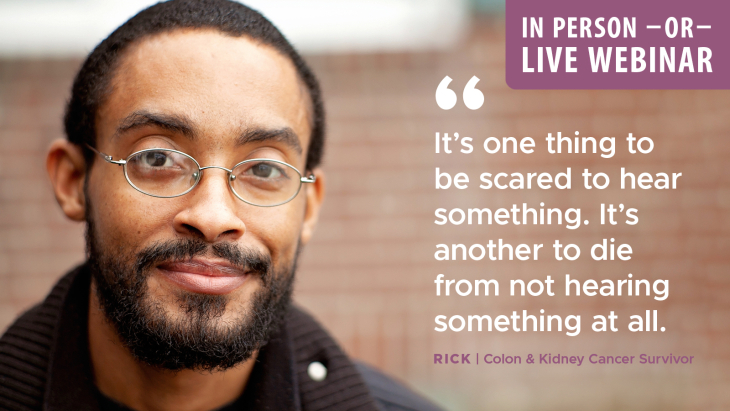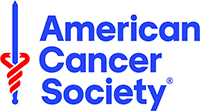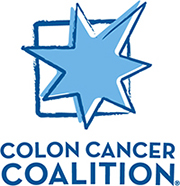
Location
Dates & Times
Contact
Do you have event related questions or need help with registration?
The American Cancer Society, in partnership with the Colon Cancer Coalition, MAHEC, HCA Healthcare Foundation, and the Community Foundation of Western North Carolina is launching a multi-component project that aims to improve colorectal cancer (CRC) screening and detection in a sustainable and collaborative approach across the region.
Research has shown a strong correlation between sustained and consistent screening efforts with the decrease in CRC incidence and mortality. Screening allows for the early detection of CRC cancer when the cancer is easier to treat, however, many WNC residents at the recommended ages for CRC screening remain unscreened, and the pandemic continues to aggravate this situation.
Meanwhile, CRC incidence and mortality disparities exist in the WNC region and are expected to grow amid the pandemic's disruptions to routine cancer screening and existing barriers to care. Elevating the realities faced by Western North Carolina patients, clinicians, researchers, and communities is paramount to achieving increased screening in the region. Capitalizing on ACS's strength as a highly trusted source of cancer information and a proven convener in the mission to end cancer, the American Cancer Society is collaborating with health systems (hospitals, safety net clinics and Federally Qualified Health Centers) and others to increase CRC screening rates, improve CRC early detection and access to treatment, and in turn, save lives from CRC in the WNC region.
Agenda
| 5:00pm | Registration/Check-in Begins |
| 5:30pm-5:40pm | Welcome and Introduction |
| 5:40pm-6:00pm | Keynote Discussions |
| 6:00pm-6:15pm | Plenary Session: Access Outcomes, and Current Existing Program |
| 6:15pm-6:40 pm | Panel Discussion |
| 6:40pm-6:45pm | Break |
| 6:45pm-7:40pm | Breakouts #1 The ACS Learning Collaborative and Links to Care Model #2 Disparities in CRC Treatment and Survivorship Coordination #3 The Role of Communities and Community Partners |
| 7:40pm-8:30pm | Panel Discussion and Q&A: Medicaid Expansion and Advocacy |
| 8:30pm | Closing |
Jointly Provided by

In Collaboration with
